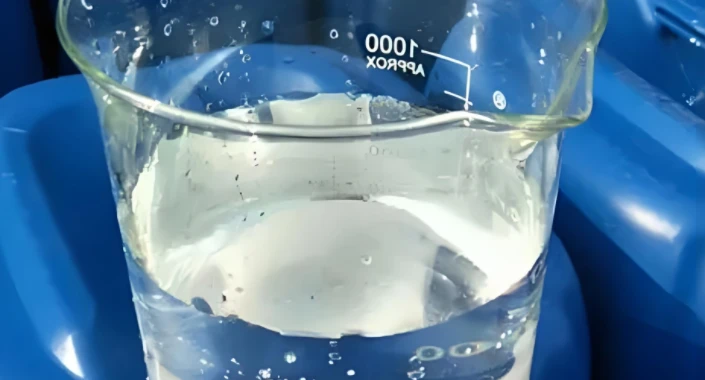



Managing Hard Water Issues in Your Swimming Pool for Optimal Water Quality
Treating Hard Water in Swimming Pools
Swimming pools are synonymous with relaxation, fitness, and enjoyment. However, maintaining a clean and safe swimming environment can be complicated, especially when dealing with hard water. Hard water contains high levels of minerals, specifically calcium and magnesium, which can lead to a myriad of issues in pools. Understanding how to treat hard water is essential for any pool owner. This article will explore the causes of hard water, its effects on swimming pools, and effective strategies for treatment.
What Causes Hard Water?
Hard water is typically a result of mineral-rich groundwater flowing through limestone and chalk deposits. When this water fills your pool, it can introduce excess minerals, particularly calcium and magnesium. Seasonal changes and geographical location can also influence the hardness of your water. Pools that are filled with well water or receive heavy rainfall may experience increased hardness. This is why regular testing of pool water is crucial for maintaining optimal water quality.
Effects of Hard Water on Swimming Pools
The presence of hard water in swimming pools can lead to several problems. Firstly, hard water can cause scaling on pool surfaces, including walls, floors, and tiles. This scaling gives a rough appearance and can lead to additional cleaning and maintenance costs. Secondly, hard water can interfere with the effectiveness of pool chemicals, leading to poor sanitation and potential health risks for swimmers. High calcium levels can also precipitate, causing cloudy water and diminishing the visual appeal of the pool. Over time, scaling can also damage equipment, including pumps and filters, leading to costly repairs or replacements.
Identifying Hard Water
Before addressing hard water issues, it is important to accurately assess the water’s hardness. Pool owners can use test strips or liquid test kits to measure the levels of calcium hardness. Ideally, the calcium hardness level should be maintained between 200 and 400 parts per million (ppm). Regular testing allows pool owners to monitor changes in water quality and take action before problems arise.
treating hard water in swimming pool

Treating Hard Water
1. Dilution One of the simplest methods to reduce hardness levels is through dilution. By partially draining some of the pool water and refilling it with softer water (preferably distilled or municipal water), pool owners can lower the concentration of minerals. However, this may not always be practical, especially in areas with water restrictions.
2. Chemical Treatments Various products are available specifically designed to treat hard water. These include chelating agents and sequestering agents, which bind with calcium and magnesium ions to prevent them from precipitating and forming scale. Always follow the manufacturer’s guidelines when using chemical treatments to avoid any adverse effects on water quality.
3. Water Softening Systems For those with chronic hard water issues, investing in a water softening system may be beneficial. These systems typically work by exchanging sodium ions for calcium and magnesium ions, effectively reducing hardness. While this upfront investment can be significant, it may save considerable maintenance costs in the long run.
4. Regular Maintenance Maintaining proper pH levels and total alkalinity can help mitigate some problems associated with hard water. Keeping the pH between 7.2 and 7.6, and alkalinity between 80 and 120 ppm can help avoid scaling and ensure that your chemical treatments are effective.
5. Consulting Professionals If the hardness levels are persistently high or if scaling becomes problematic, consulting a professional pool service can provide targeted solutions. They have access to specialized equipment and products that can effectively manage hard water issues.
Conclusion
Hard water can pose significant challenges for swimming pool maintenance, but with proper testing and treatment, it is manageable. By understanding the nature of hard water and implementing effective strategies, pool owners can ensure a clean, safe, and enjoyable swimming experience. Regular maintenance and monitoring are key to preventing the adverse effects of hard water, ensuring that your oasis remains a source of joy for family and friends.
-
Why Sodium Persulfate Is Everywhere NowNewsJul.07,2025
-
Why Polyacrylamide Is in High DemandNewsJul.07,2025
-
Understanding Paint Chemicals and Their ApplicationsNewsJul.07,2025
-
Smart Use Of Mining ChemicalsNewsJul.07,2025
-
Practical Uses of Potassium MonopersulfateNewsJul.07,2025
-
Agrochemicals In Real FarmingNewsJul.07,2025
-
Sodium Chlorite Hot UsesNewsJul.01,2025










